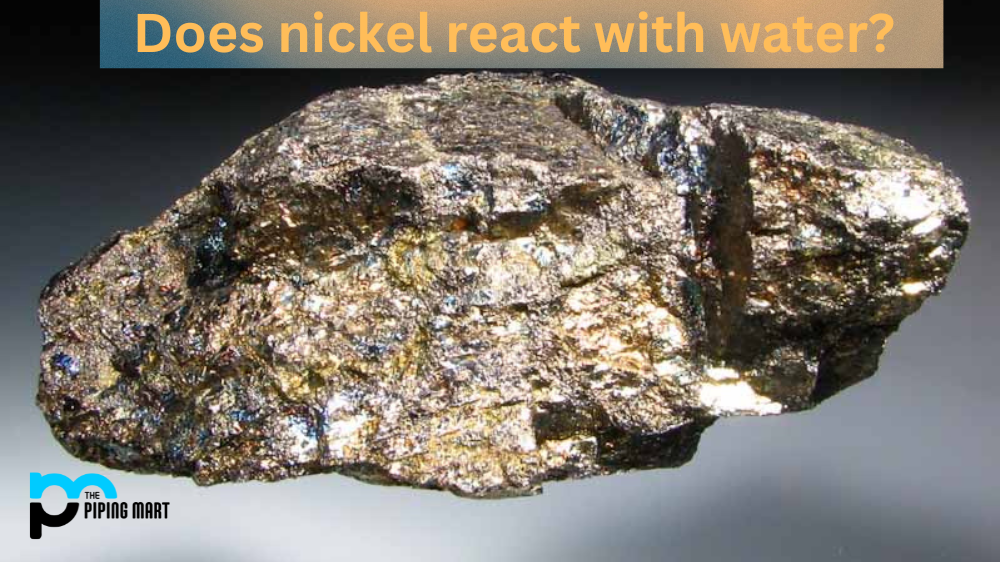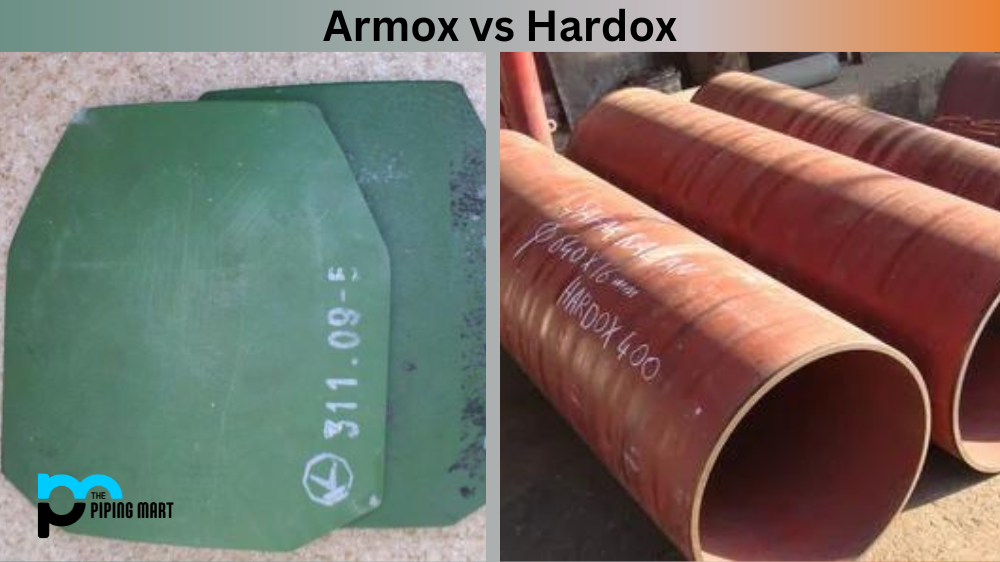Have you ever wondered if nickel can react with water? In this blog, we’ll explore what happens when these two substances make contact. We’ll look at the physical and chemical properties of nickel and water, as well as discuss why it’s important to consider their interactions for both scientific and everyday applications.
Nickel is a transition metal from group 10 of the periodic table with an atomic number of 28. It has a high melting point of 1453 °C, making it highly resistant to corrosion. On its own, nickel is not reactive with air or water. However, when exposed to certain conditions, such as high temperatures or acids, it can become more reactive and form corrosion products that are more soluble in water than the original nickel itself.
Water is composed of two molecules – oxygen (O2) and hydrogen (H2). It also contains trace amounts of other elements, such as carbon dioxide (CO2), nitrogen (N2), sulfur (S), chlorine (Cl), phosphate (PO4) and magnesium (Mg). Water is essential for life because it acts as a solvent for many substances, including minerals and metals. This means that when nickel comes into contact with water, some of its components may dissolve in the liquid.
The interaction between nickel and water can be useful in many ways. For example, one application is electroplating which involves using electricity to transfer an element like nickel onto another surface such as plastic or metal. This process requires that both elements – the base material being plated and the element being used for plating – must be able to interact with each other in order for successful electroplating to take place. In addition, understanding how different elements interact with water can help scientists better understand how they interact with other substances in nature.
Conclusion:
In conclusion, there is an interaction between nickel and water, but it depends on various factors such as temperature or pH level. Nickel does not react easily with air or water, but under certain conditions, it can become more reactive and form corrosion products which are more soluble in water than the original element itself. Understanding how different elements interact with each other is important for many applications, such as electroplating or predicting environmental outcomes related to interactions between elements found in nature. Overall, knowing how nickel interacts with water can be useful for both scientific research purposes as well as everyday applications like creating metal coatings on surfaces!

Pipingmart is a B2B portal that specializes in metal, industrial and piping items. Additionally, we share the latest information and information about materials, products and various types of grades to assist businesses that are involved in this business.




